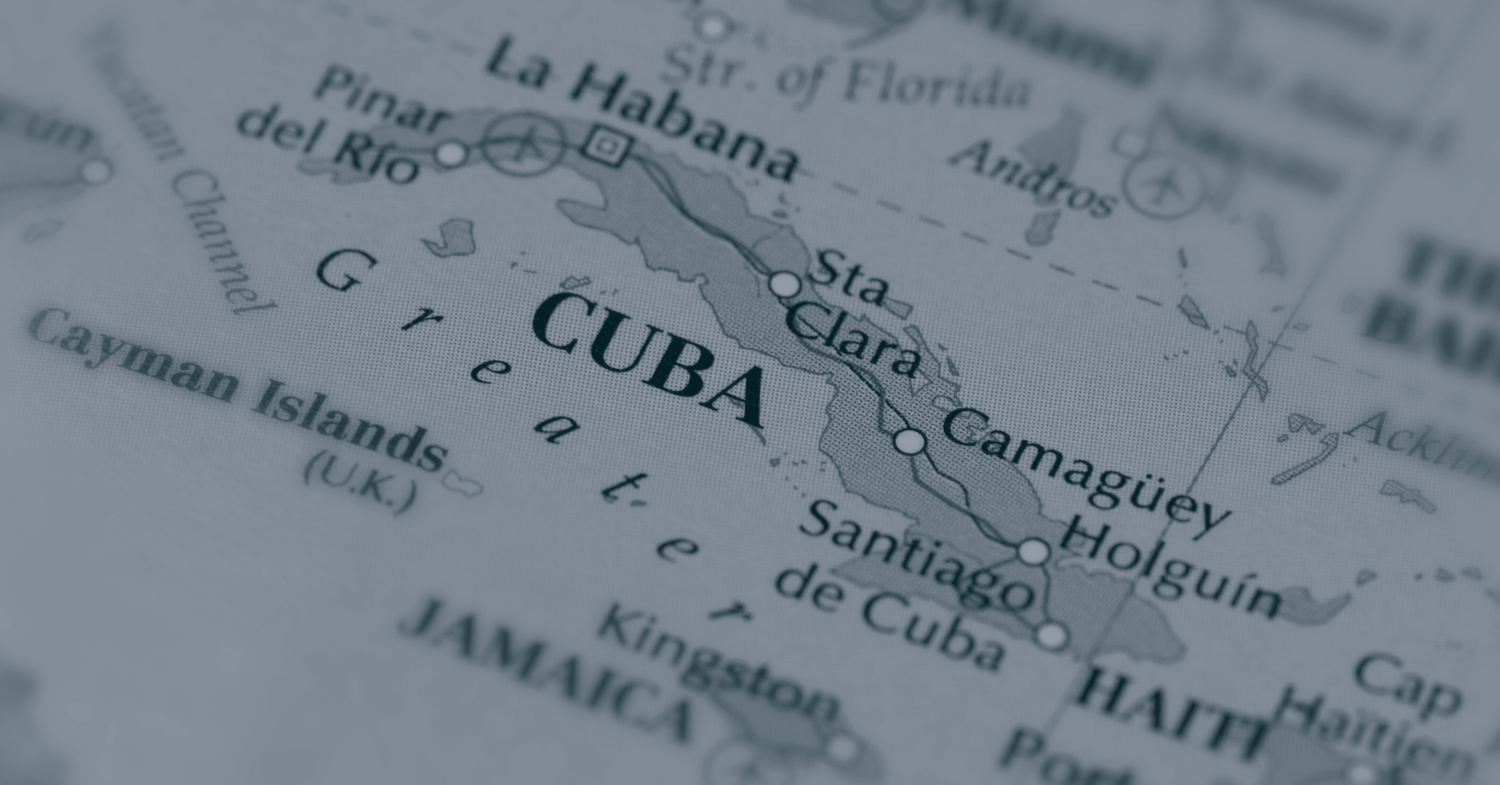The Darkness of Cuba’s Communism

This month Cuba plunged into darkness—literally. But was this energy grid catastrophe truly a sudden blackout, or has the communist country been in the dark for much longer?
Millions of Cubans have been without power for weeks as the worst energy crisis in the nation’s history continues to keep the island in darkness. Industries have ground to a halt, the nation is at a standstill, and solutions are too few and too far away.
Outside the country, the catastrophe has caught the attention of international media, but this power outage should not be a surprise to those who understand the true darkness of the Cuban regime.
Rather than a shock, Cuba’s energy crisis is the culmination of decades of communist mismanagement. Some experts point to 1959, the year of the Cuban Revolution, as the starting point of the island’s electrical problems. Others look to the early 1960s, while some argue that the “Special Period” in the 1990s when Soviet technical and financial support vanished is the root of the issue. No matter the timeline, however, one thing is certain: this is not new. The power cuts are just the latest symptom of the deep rot of a regime that does not invest or maintain public services, nor care for the welfare of its citizens.
In any authoritarian regime, especially a communist one, decision-making is cloaked in secrecy. The Cuban government operates in near-total opacity—citizens have no insight into why decisions are made, whether policies are effective, or if they were even thoughtfully considered in the first place. This lack of transparency has grave consequences for public policy, and the energy sector is no exception.
Without accountability, the government is free to impose whatever measures it likes, with no input from the public. In communist Cuba, this issue is magnified as criticism of the regime is tantamount to treason. Anyone brave enough to speak out is branded a counterrevolutionary, and risks imprisonment—or worse. And in a system where dissent is criminalized, innovation and progress die. What results is not just a literal blackout, but a metaphorical one: a nation plunged into political, social, and economic darkness.
Cuba’s current energy crisis is just one manifestation of the system’s broader dysfunction. The blackout isn’t the story—it’s merely the latest chapter in a long saga of decline. What else could we expect from a communist cocktail of bad policies and a lack of transparency? After all, darkness, not just in terms of electricity, but in nearly every aspect of life on the island is Cuba’s status quo
So, what is the solution? Some are hoping for help from Russia, Mexico, or other sympathetic governments. But these band-aids won’t fix the deeper problem. The real issue isn’t just energy; it’s the system itself.
Instead of offering temporary fixes, democratic nations should demand an end to the communist regime that has plunged Cuba into hunger, silence, and now—darkness. The lights won’t come back on until the system that thrives on repression and failure is dismantled.

